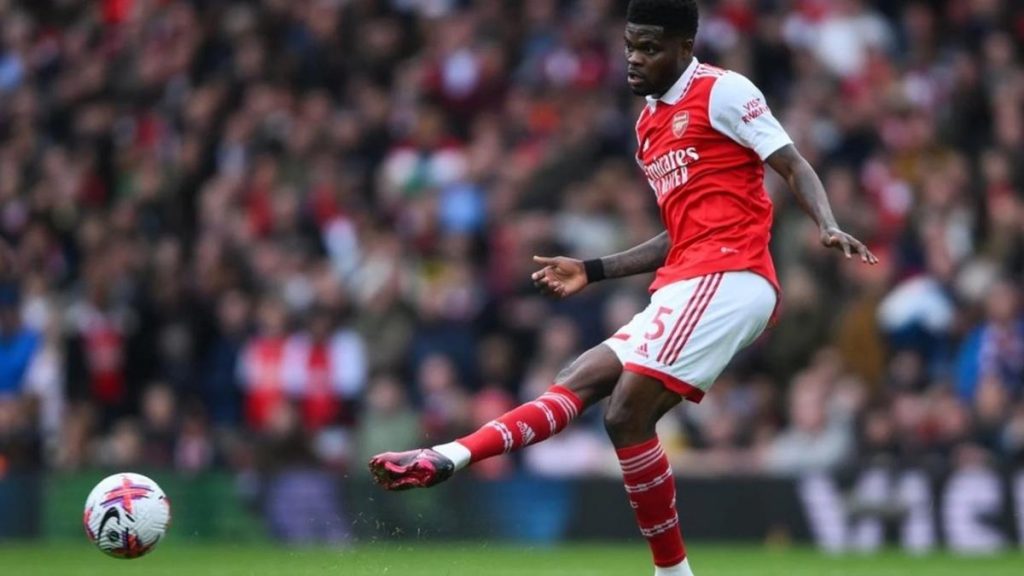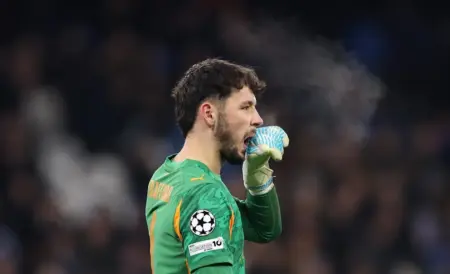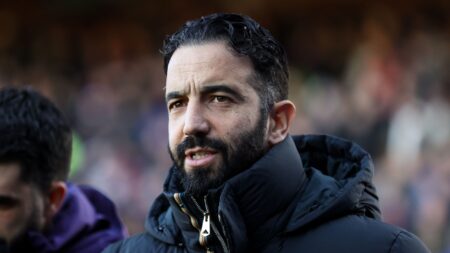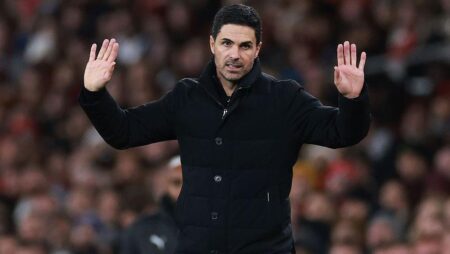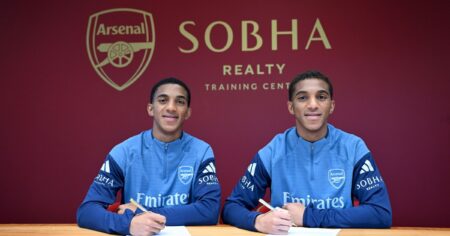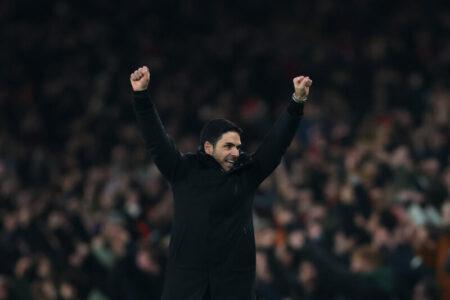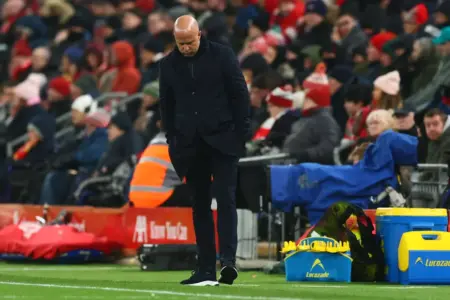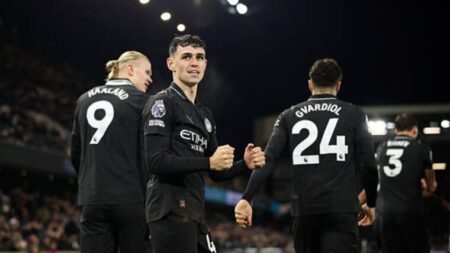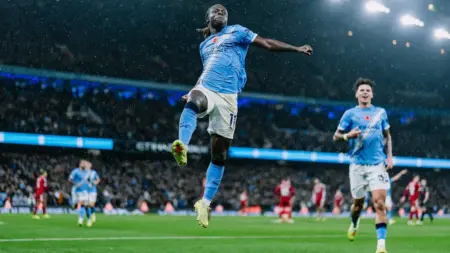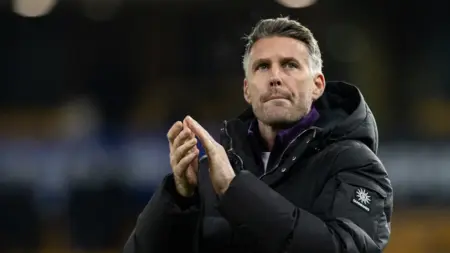Barcelona’s Prudent Approach to Midfield Reinforcements
Last summer, Barcelona faced considerable pressure to address the perceived weakness in their midfield. Despite numerous suggestions that the position required immediate attention, new manager Hansi Flick opted for a different strategy. Instead of pursuing high-profile transfers, Flick decided to place his trust in the club’s academy products, such as Marc Casado and Marc Bernal, alongside the proven talent of Frenkie de Jong. This decision was rooted in a commitment to nurturing young talent and maintaining financial prudence, even as the club’s needs remained evident.
Evaluating the Free Agent Market
As the transfer market evolved, Barcelona was linked to a few economic alternatives to bolster their midfield, one of which was Arsenal’s Thomas Partey. The Ghanaian international, who is out of contract at the end of the season, would have been available on a free transfer this summer. Partey’s physical presence and experience could have significantly enhanced Barcelona’s midfield, adding the steel and composure that currently seem lacking. However, the club’s approach has remained cautious, reflecting a broader strategy of balancing immediate needs with long-term development.
Arsenal’s Move to Retain Partey
According to Charles Watts, Arsenal has initiated talks with Partey regarding a new contract. This move indicates the club’s desire to retain the services of the 31-year-old midfielder, despite his out-of-contract status. Additionally, Partey has received interest from other top clubs, including Paris Saint-Germain and Juventus, suggesting a competitive market for his signature this summer. While Barcelona remains attentive to these developments, they have decided not to engage in the battle for Partey’s future. This decision underscores the club’s focus on internal development and financial sustainability.
Focus on Academy Products
Barcelona’s Director of Football, Deco, has placed a strong emphasis on the development of young talents like Marc Casado and Marc Bernal. Casado, in particular, will be returning from a cruciate ligament injury at the start of the next campaign, and his recovery and integration into the first team remain a priority. This focus on academy products aligns with the club’s philosophy of promoting homegrown talent and maintaining a strong connection to its roots. It also reflects a strategic decision to invest in the future while managing financial constraints.
Frenkie de Jong’s Uncertain Yet Promising Future
Frenkie de Jong’s situation remains a critical factor in Barcelona’s midfield planning. Despite being a prime candidate for a sale and facing uncertain contract negotiations, de Jong has expressed a keen interest in remaining with the club. The Dutchman’s value to the team, both on and off the pitch, cannot be overstated, and Flick’s insistence on his quality and importance is a positive sign. While de Jong’s future remains uncertain until the summer negotiations, the club’s willingness to renew his contract suggests a strong belief in his continued contribution to the team.
Conclusion and Forward Planning
In the interim, Barcelona has decided against pursuing a move for Thomas Partey, preferring to focus on internal development and the potential renewal of Frenkie de Jong’s contract. If de Jong and the club cannot reach an agreement, they have made it clear that they will consider selling him. However, for now, the club’s priority remains on nurturing young talent and ensuring financial stability. This approach not only aligns with Barcelona’s historical values but also sets a foundation for sustainable success in the years to come.

